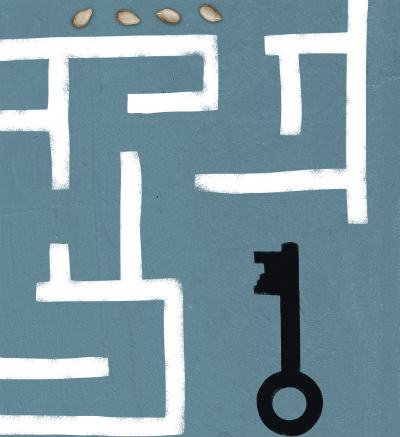Submitted by Clara on
This report is part of CRIN's access to justice for children project, looking at the status of the Convention on the Rights of the Child (CRC) in national law, the status of children involved in legal proceedings, the legal means to challenge violations of children’s rights and the practical considerations involved in challenging violations.
Portugal ratified the CRC in 1990, and has also ratified all three optional protocols. The Convention is an integral part of Portuguese law; it can be directly invoked and prevails over national law when it offers better protection. Children can bring cases with the assistance of representatives, but not necessarily their parents/tutors. Different entities can intervene to protect the child’s best interests, in civil matters (public procurator), administrative matters (Ombudsman) and criminal matters (minors’ protection boards). Children can actively and safely participate in legal proceedings, notably in front of a specialised family and minors’ court. Portuguese nationals, Europeans, and other countries’ nationals (on a reciprocity basis) may benefit from legal aid. The European Court of Human Rights and the UN Committee on the Rights of the Child provide an increased level of protection as they offer another chance of review after all domestic remedies have been exhausted.

